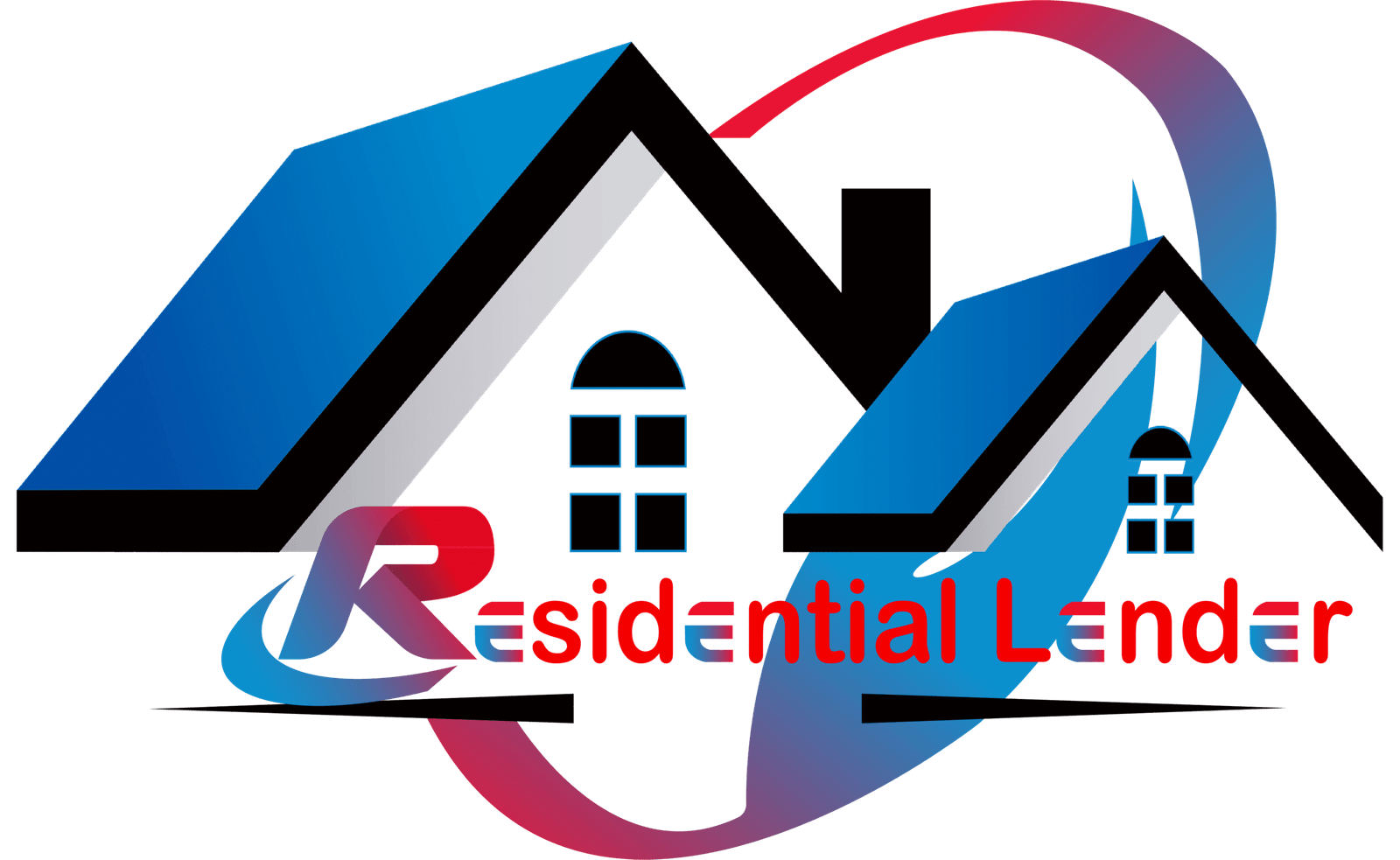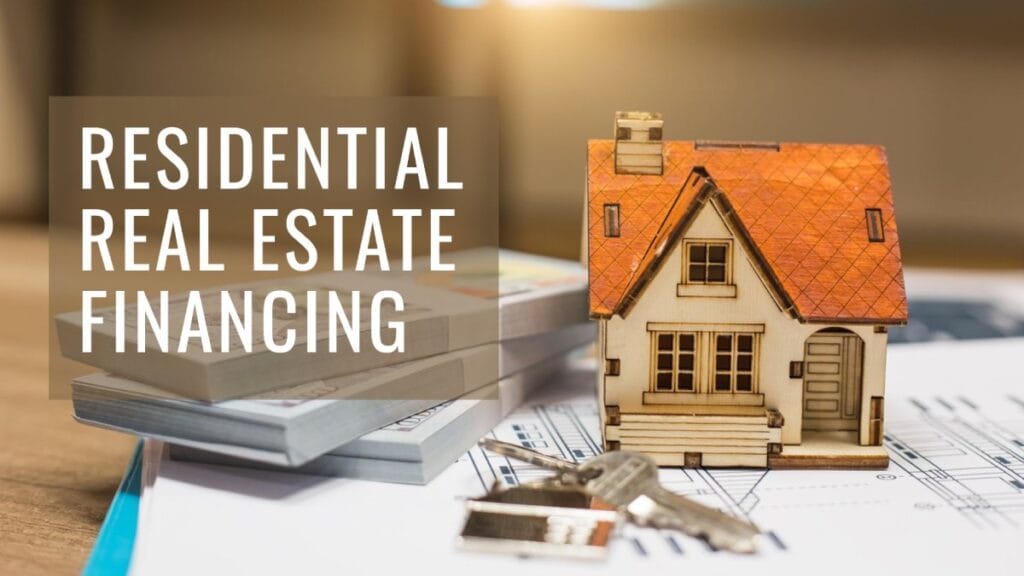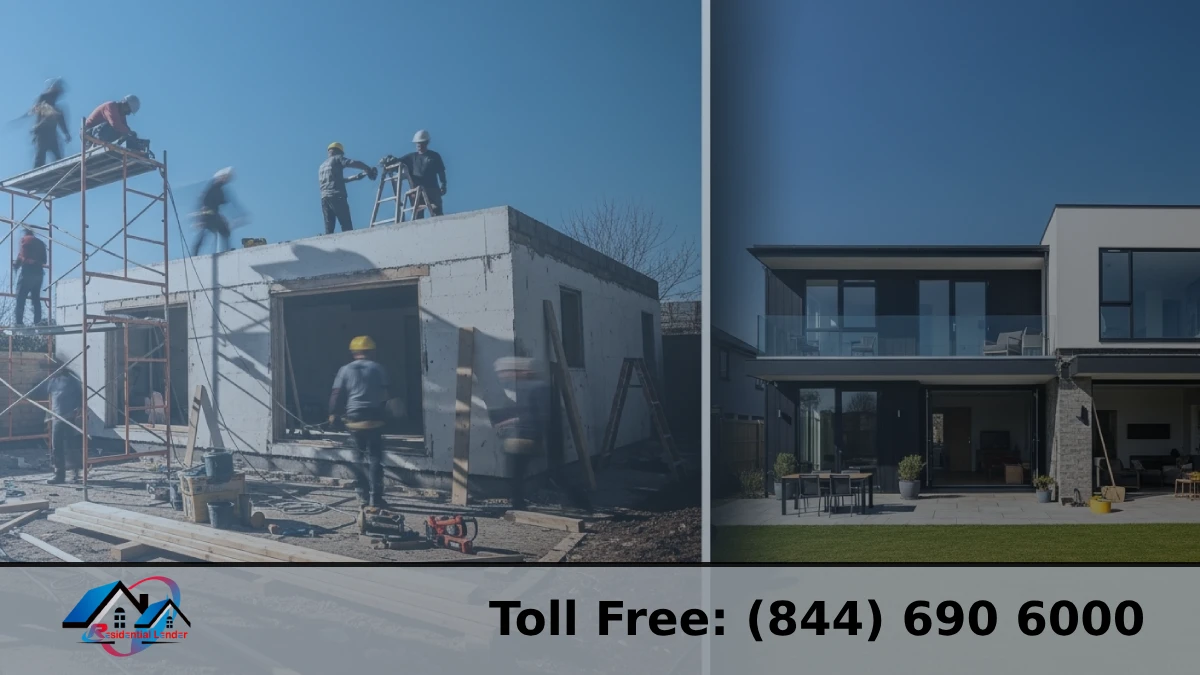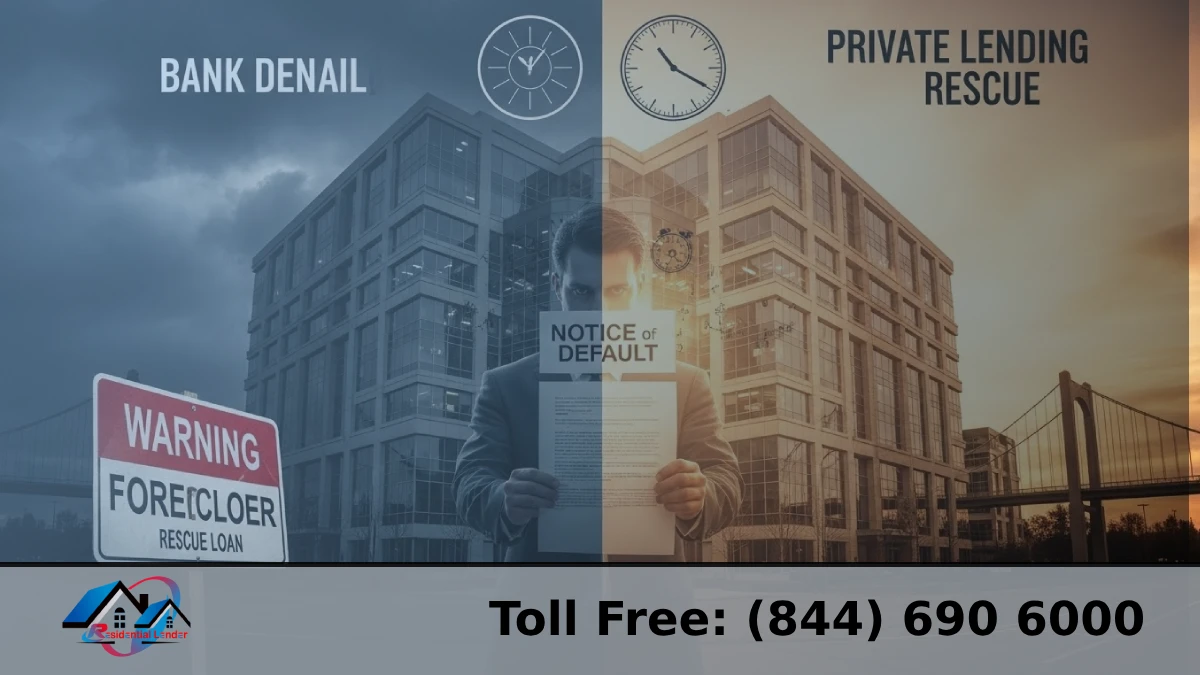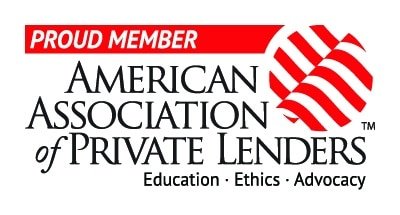Regular financing for residential investment properties can be challenging because of all the rules and regulations. Getting accepted can take a long time, and strict rules can stop deals that look good in their tracks.
Hard money loans are a choice for real estate investors who need quick and flexible cash. Hard money lenders residential real estate are private lenders who use the property as collateral for short-term loans.
These loans help owners who want to finance fix-and-flips, new construction, or bridges, where getting money quickly is key. Hard money lenders care more about the property’s worth than the borrower’s credit. This allows deals to close rapidly and funds projects that standard banks might not touch.
Private money loans are something ResidentialLender.Net does a lot of, and they can help you find your way around this strange lending world. They have compiled eight tips for working with hard money lenders residential real estate projects.
Tip 1: Understand Your Needs and Project Scope
Defining Your Residential Real Estate Investment Goals
You need a prominent business plan for your real estate investment before you go to any hard money lenders. This plan should spell out your exact goals. Do you want to focus on long-term cash flow by constructing a collection of rental properties? Or are you a fix-and-flip investor who wants to make money quickly? It is essential to know your goals because different investment plans require different ways of financing and arranging loans. For instance, a buy-and-hold rental property might do better with a loan that takes longer and has lower monthly payments. On the other hand, a fix-and-flip project needs a shorter-term loan that focuses on speed and money for repairs.
Assessing the Loan Amounts You Require
It is essential to get a good idea of how much of a loan you need. Don’t just think about how much something costs. Consider all the expenses that come with it, like renovation costs (if required), closing costs, evaluation fees, and a buffer in case something goes wrong. For fix-and-flips, lenders often base loan amounts on a percentage of the After Repair Value (ARV), so it’s essential to do a complete market analysis.
For rental homes, the loan amount could be based on a portion of the home’s current market value or its possible rental income. You could have project delays, cash flow issues, or even debt if you are too high or too low about what you need.
Project Timeline and Exit Strategy
Since hard money loans are usually only for a short time, it’s essential to have a realistic timeline for the job. Make sure you clearly define each step of your project, from getting the materials to finishing it, and plan for possible delays. The loan terms are directly affected by your exit strategy or how you plan to repay the loan. When the repairs are done, will you refinance with a regular mortgage? Are you going to sell the house? Your lenders will look closely at your exit strategy, so having a good one is essential.
A clear schedule and a plan for how to get out of the situation show that you are ready and improve your chances of getting good loan terms.
Tip 2: Research and Compare Hard Money Lenders
Finding the Right Hard Money Lenders Residential Real Estate Property
Finding the right hard money lender is significant for the success of your home improvement job. Care is critical. Don’t choose the first loan you see. Check out several private lending options, such as private equity companies, individual investors, and crowdfunding platforms. Each source may have different loan structures, risk tolerances, and requirements for giving money. You can find the best fit for your job if you know these differences.
Key Factors to Consider When Comparing Lenders
When looking at different hard money lenders, think about a few things. Interest rates are significant, but don’t just think about the rate. Check the loan terms, such as the loan-to-value (LTV) ratio, the plan for payments, and any fees for paying off the loan early. Fees can make the total cost of your loan much higher or lower, so find out about processing fees, appraisal fees, and any other fees. You should also add the costs of closing to your estimates. Make sure you know what kinds of paperwork you need. Few lenders offer stated income loans, no-doc loans, or lite-doc loans. These loans usually have higher interest rates because the lender takes on more risk.
Importance of Experience and Reputation
When it comes to hard money loans, experience is significant. It can save you time, money, and stress to work with hard money lenders who are knowledgeable and specialize in residential real estate. Lenders with a lot of experience know how the market works, can quickly evaluate your project and are more likely to close deals quickly. The name of a lender is also significant. You should look for lenders who have a history of smooth deals and happy borrowers. With 30 years of experience in screening and a vast network of 200 private lenders, ResidentialLender.Net is an excellent way for borrowers to find trustworthy and experienced private money lenders.
Tip 3: Prepare a Strong Loan Application
Presenting Your Residential Real Estate Investment Project
To get hard money lending, you must complete a thorough loan application. It’s your first chance to impress the lender, so make sure it shows off your residential real estate investment idea well. A well-written application shows that you are skilled and raises your chances of getting the loan. It should be as clear as a business plan about what your project can do and how it can be done.
Documents Required by Hard Money Lenders
Hard money lenders usually need several papers to look over your loan request. These include a recent property appraisal, personal or company financial statements, tax returns, and a full project description. The project description should be clear, to the point, and enjoyable. It should include your investment strategy, renovation plans (if any), schedule, and plan for when to leave the project. For a loan, it’s best to have all of your paperwork in order and complete.
Showcasing Your Credit Score and Experience
Hard money lenders look at the item’s value first. However, your credit score and experience investing in real estate still matter. A good credit past shows that you are responsible with money, which can help you get a better loan. If your credit score isn’t perfect, be ready to explain any bad marks and show that you’ve managed similar tasks successfully. Even if this is your first time investing, highlight any applicable experience you have in business management, construction, or real estate. Being open and honest is very important. Take care of any problems before they happen, and show you care about the project’s success.
Tip 4: Understand the Loan Terms and Conditions
Navigating the Complexities of Hard Money Loans
Hard money loans are quick and flexible, but they have rules you must read carefully. Don’t sign a loan agreement quickly without fully understanding what it means. Knowing exactly what you agree to before signing these loans is essential because they can be complicated.
Key Loan Terms to Watch Out For
Hard money loans usually have higher interest rates than regular bank loans. This is because the lender is taking on more risk with these loans, which are only meant to be used for a short time. Please pay close attention to the rate of interest and how it’s found. Loan-to-value (LTV) rates are also significant. This number tells you how much you can borrow compared to what the property is worth. Know the LTV rules and how they change the amount of your loan.
There are different ways to repay hard money loans, but at the end of the loan term, a big part of the principal is usually due in “balloon payments.” Find out if there are any fees you may have to pay if you pay off the loan early.
Seeking Professional Advice
Finding your way around the complicated terms of a hard money loan can be challenging. It is strongly suggested that you talk to a real estate lawyer or financial advisor specializing in these deals. They can help you read the small print and spot possible red flags. Because ResidentialLender.Net knows a lot about hard money lending, it can also help you understand loan terms and answer your questions to make wise choices.
Tip 5: Have a Clear Exit Strategy
Planning for the Successful Completion of Your Investment
For hard money loans, you must have a clear plan for how to get out of the deal. Because these loans are short-term, you need a good strategy to repay the loan before the balloon payment is due. Lenders will carefully look at your exit plan because it affects their risk. An unclear or unrealistic plan for getting out of debt can be a big red flag that could cause the loan to be turned down.
Common Exit Strategies for Hard Money Loans
There are a few usual ways to get out of hard money loans. A traditional mortgage is often used for refinancing, especially by buyers who plan to keep the house they buy. You can get better rates and terms on long-term loans once the repairs are done or the home is stable. Another popular way to get out of a property is to sell it, especially for fix-and-flip projects. You could also look into lease-option deals or find a partner to buy you out. How you leave will affect the loan terms, length, and interest rate.
How to Choose the Right Exit Strategy
The best way to get out of an investment relies on several things, such as the investment goals, the type of property, and the market conditions. Think about the costs of hanging on to the asset, its possible value growth, and the time it will take to carry out your plan. Selling might be the easiest way to get out of the deal if you’re turning a house in a hot market. Refinancing is the best choice if you plan to keep a rental home for a long time.
Carefully examine your exit choices and pick the one that best fits your investment plan and poses the least risk. A well-thought-out exit plan shows you are ready and raises your chances of getting the loan.
Tip 6: Be Prepared for Higher Interest Rates
Understanding the Cost of Speed and Flexibility
People like hard money loans because they are quick and flexible, but this ease of use costs something. You should expect higher interest rates than those on regular bank loans. These higher rates show hard money lenders are willing to take on more risk. They give loans based on the value of the object. The terms for repayment are usually shorter, and the requirements for becoming a borrower are less strict.
Factors Influencing Interest Rates
Interest rates on hard money are affected by several factors. One main factor is how the investor perceives the risk. Rates will usually be higher for risky projects. The length of the loan is also significant. Even if the total amount of interest paid is less than on a longer-term loan, a shorter-term loan may have higher yearly interest rates. Hard money loan rates are also affected by market factors, such as the amount of capital available and the general direction of interest rates.
Balancing Cost and Benefit
It’s essential to think about higher interest rates. Still, weighing the costs of speed and freedom against them is also necessary. In some real estate business situations, the ability to close quickly and get cash for repairs or deals that must be done promptly can be worth the higher interest cost. For instance, getting a hard money loan to buy a run-down house in a competitive market quickly can make you a lot of money, even if the interest rate is higher. Consider how much money you could make from your investment and whether the cost of hard money fits your financial goals.
Tip 7: Build Relationships with Hard Money Lenders for Residential Real Estate
The Importance of Networking in Real Estate Finance
When it comes to hard money lending, partnerships are critical. Contacting private money lenders can significantly help your real estate business efforts. You can find a lender for your present project by networking. Still, it’s also about making long-term partnerships that can lead to future opportunities.
How to Network with Hard Money Lenders Residential Real Estate
There are several ways to get in touch with hard money lenders. Going to events and gatherings in the real estate business is a great way to meet lenders in person. You can also find possible lenders by joining online groups and forums for real estate investors. It can be beneficial to work with experienced agents like ResidentialLender.Net. They have built networks of private money lenders and can put you in touch with the right people.
Benefits of Strong Lender Relationships
Having good ties with hard money lenders can be helpful in many ways. Lenders are more likely to give you better loan terms, like lower interest rates, higher LTVs, and more flexible payback schedules, after you’ve shown that you can complete projects and repay loans on time. Having existing ties can also speed up the loan process, leading to faster closing times, which are very important in real estate deals that need to be done quickly. Building these connections is an investment in your success in the future.
Tip 8: Work with a Reputable Correspondent Lender Like ResidentialLender.Net
Streamlining the Process with Expert Guidance
It can be hard to figure out how to get hard money loans. Working with a respected and experienced Correspondent Lender like ResidentialLender.Net can speed up the process and make you more likely to get the best loan terms. You can count on our knowledge and experience in private money loans to help you every step of the way as you invest in real estate.
Benefits of Choosing ResidentialLender.Net
ResidentialLender.Net has several essential benefits. Our extensive network of more than 200 private lenders gives you a lot of loan choices so you can be sure to find the right one for your project. We can expertly help you through the loan process, from applying for the loan to closing, because we have been underwriting loans for 30 years. We give you personalized service by getting to know your specific needs and putting you in touch with lenders who are experts in the type of home real estate investment you want to make. Contact us immediately for a free consultation, and we’ll help you get the hard money loans you need to achieve.
Conclusion
Making plans and following through on your steps is essential if you want to do well with hard money loans. Learn about the project, write a strong application, understand the loan terms, have a clear exit plan, be ready to pay higher interest rates, build relationships, and work with a reputable Correspondent Lender like ResidentialLender.Net to improve your chances of getting the right loan. People who own real estate and need to finish projects quickly, like fix-and-flips or new construction, can get hard money loans. Money shouldn’t get in the way of your plans. Get the cash you need to buy a house immediately by calling ResidentialLender.Net. They will help you and give you personalized service.
FAQs
Can I use hard money loans to purchase a primary residence?
Sometimes, hard money loans can be used for primary residences, but they are usually only for investment properties. Because they are short-term and have higher interest rates, they are not as good for long-term properties. Traditional mortgages work better for primary homes most of the time.
What are the typical LTVs hard money lenders offer for residential real estate?
Hard money loans have different LTVs, but most of the time, they are between 60% and 80% of the property’s value (or ARV for fix-and-flips). The LTV you are given will depend on the lender, the risk of the job, and your experience.
How quickly can I close on a property with a hard money loan?
One of their best features is the speed with which hard money loans can be used. Compared to traditional bank loans, which take much longer to close, closings can happen in as little as a week or two and sometimes even faster.
Are there any specific types of residential properties that are easier to finance with hard money?
Indeed, hard money lenders are often more willing to fund properties that traditional banks might not be interested in, such as those in bad shape, needing a lot of work, or having unique features. In residential real estate, hard money is often used for fix-and-flips, bridge, and construction loans.
What happens if I can’t repay my hard money loan on time?
Failure to repay a hard money loan can lead to serious consequences, including foreclosure. A solid exit strategy and a realistic timeline are crucial to avoid this situation. Communicate proactively with your lender if you anticipate any difficulties. They might be willing to work with you in some circumstances. Still, ultimately, the property is the collateral for the loan.
